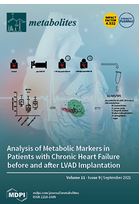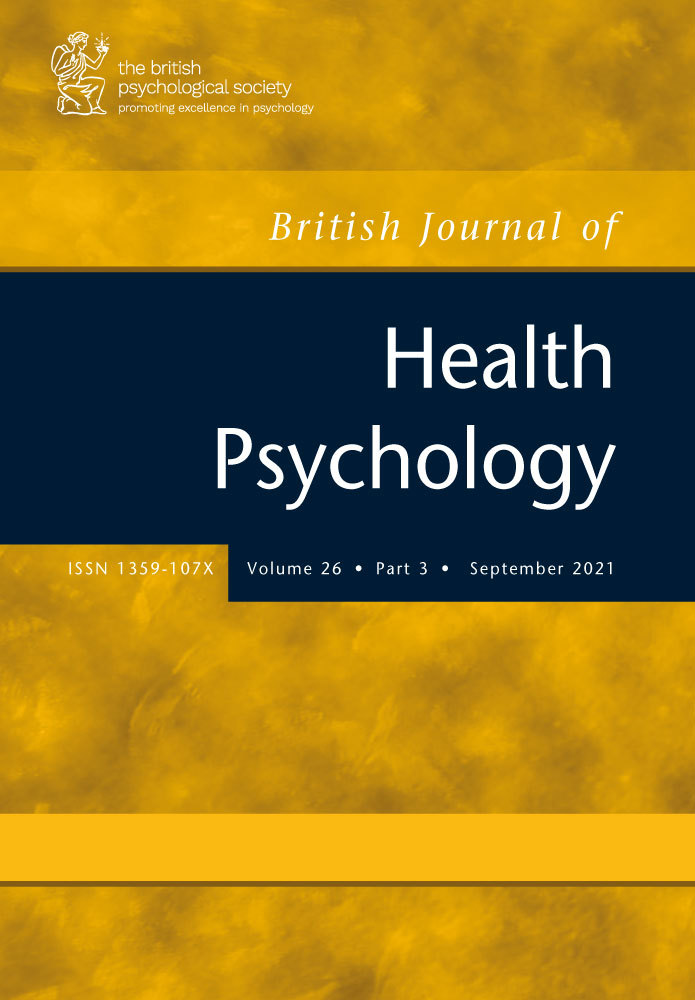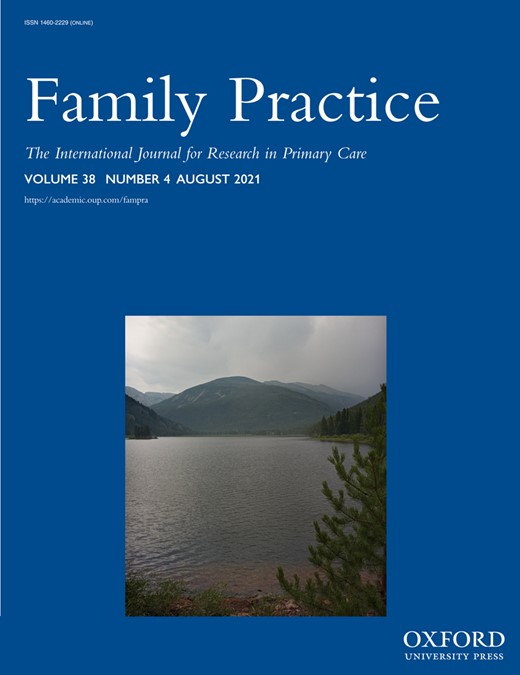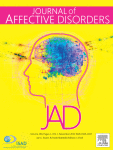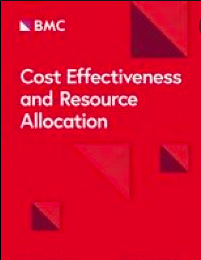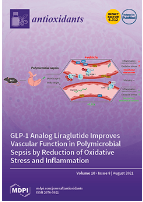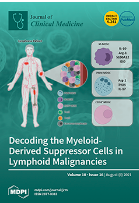Multilevel Zero-One Inflated Beta Regression Model for the Analysis of the Relationship between Exogenous Health Variables and Technical Efficiency in the Spanish National Health System Hospitals
Background: This article proposes a methodological innovation in health economics for the second stage analysis of technical efficiency in hospitals. It investigates the relationship between the installed capacity in regions and hospitals and their ownership structure. Methods: A multilevel zero-one inflated beta regression model is employed to model pure technical efficiency more adequately than other…




